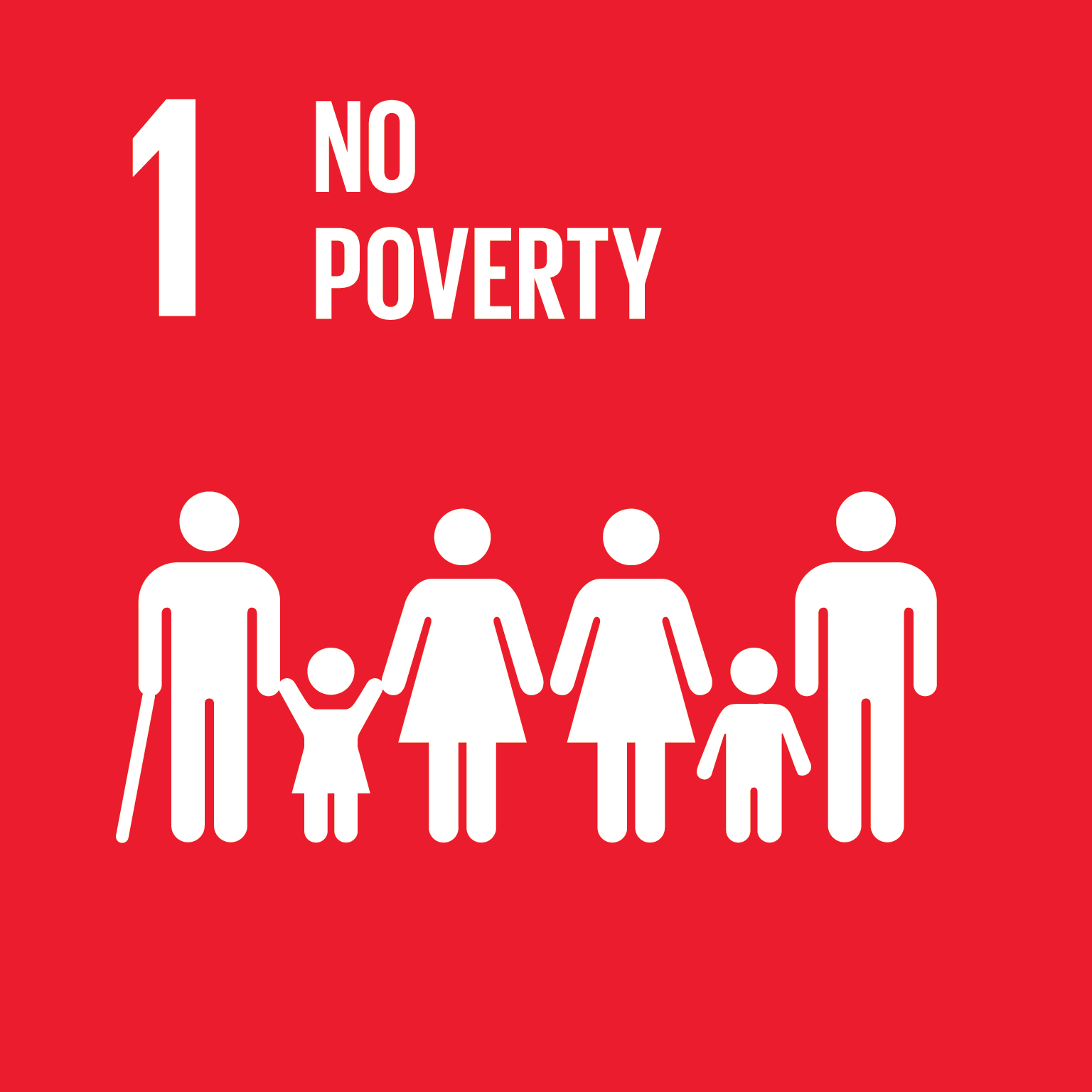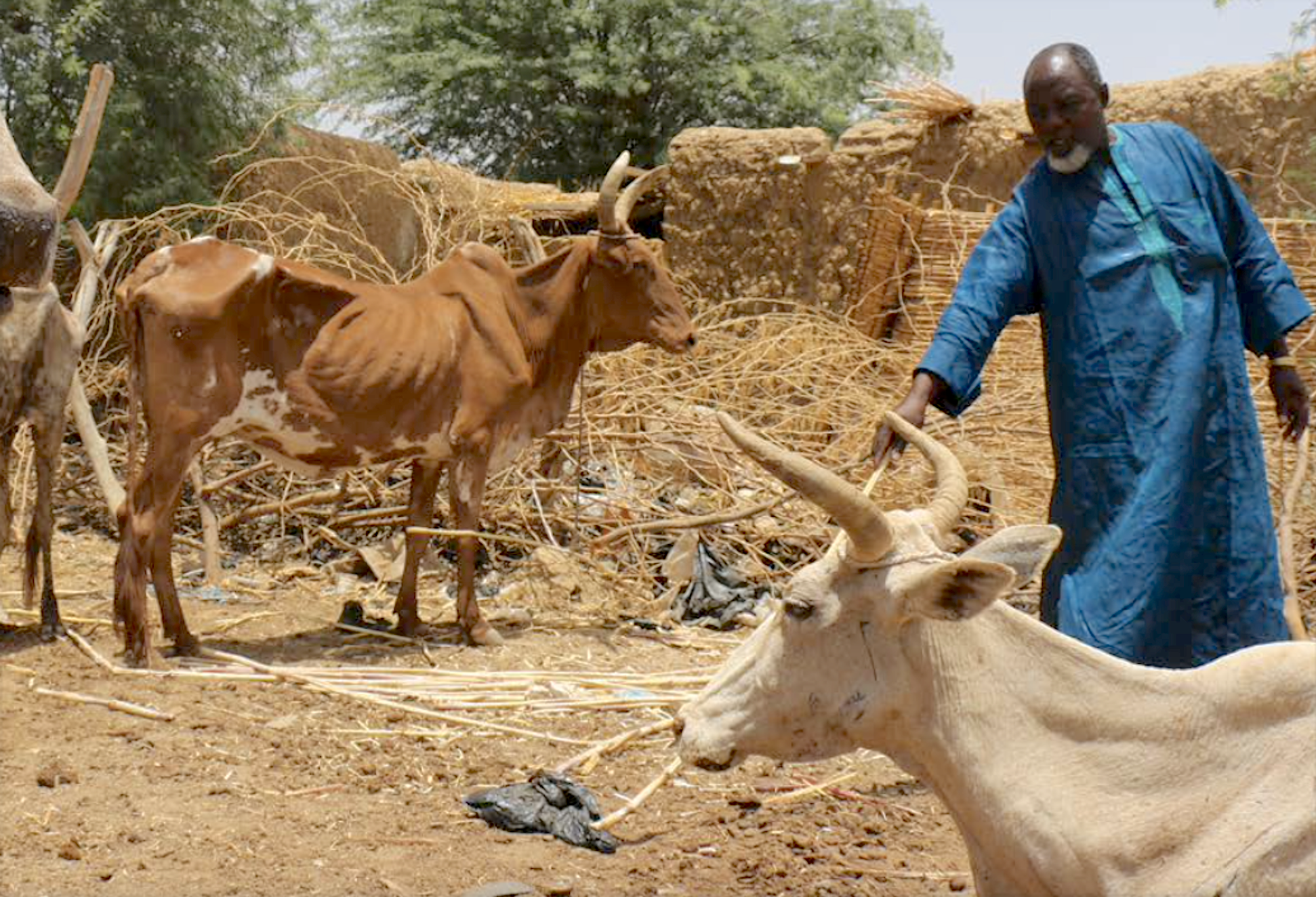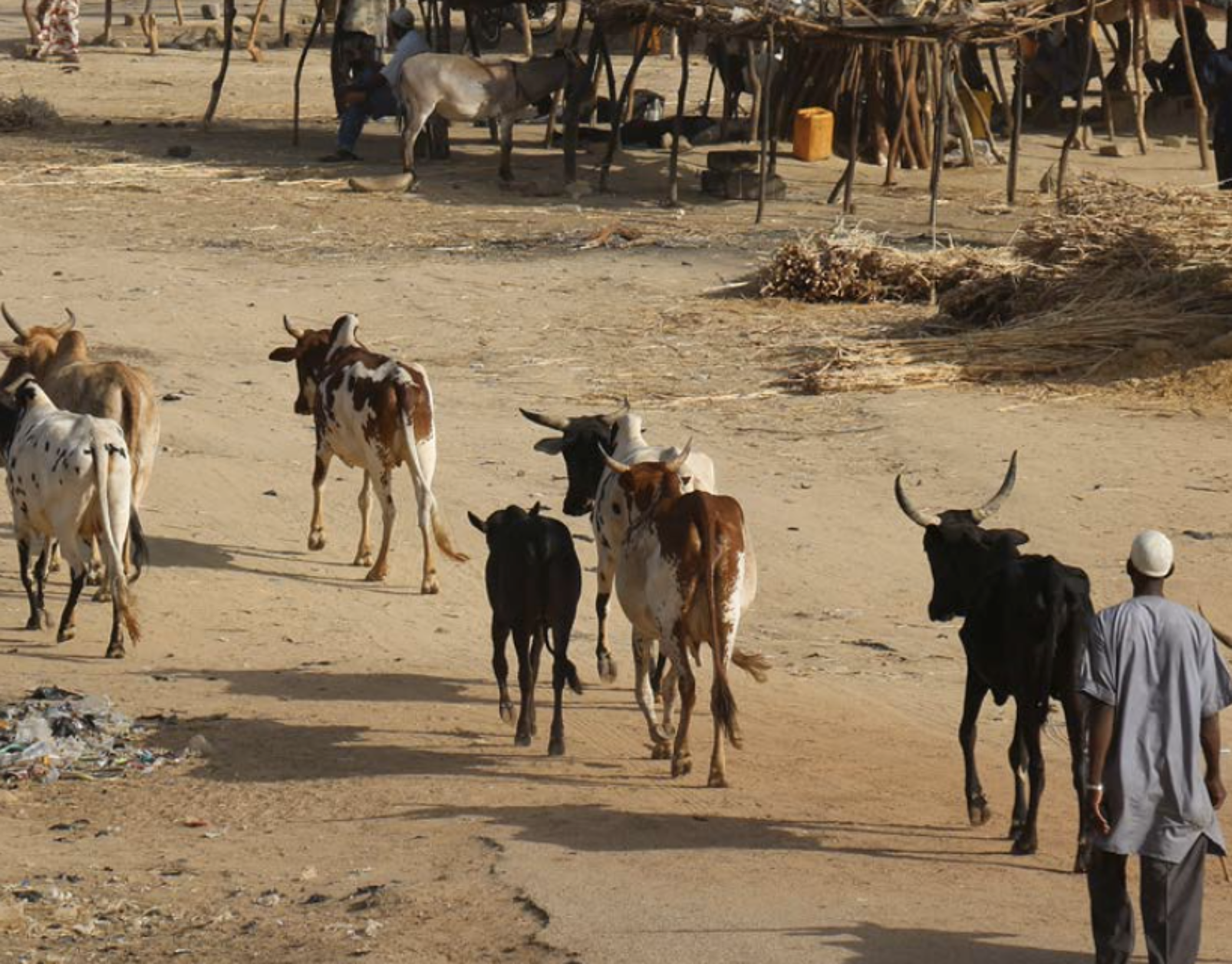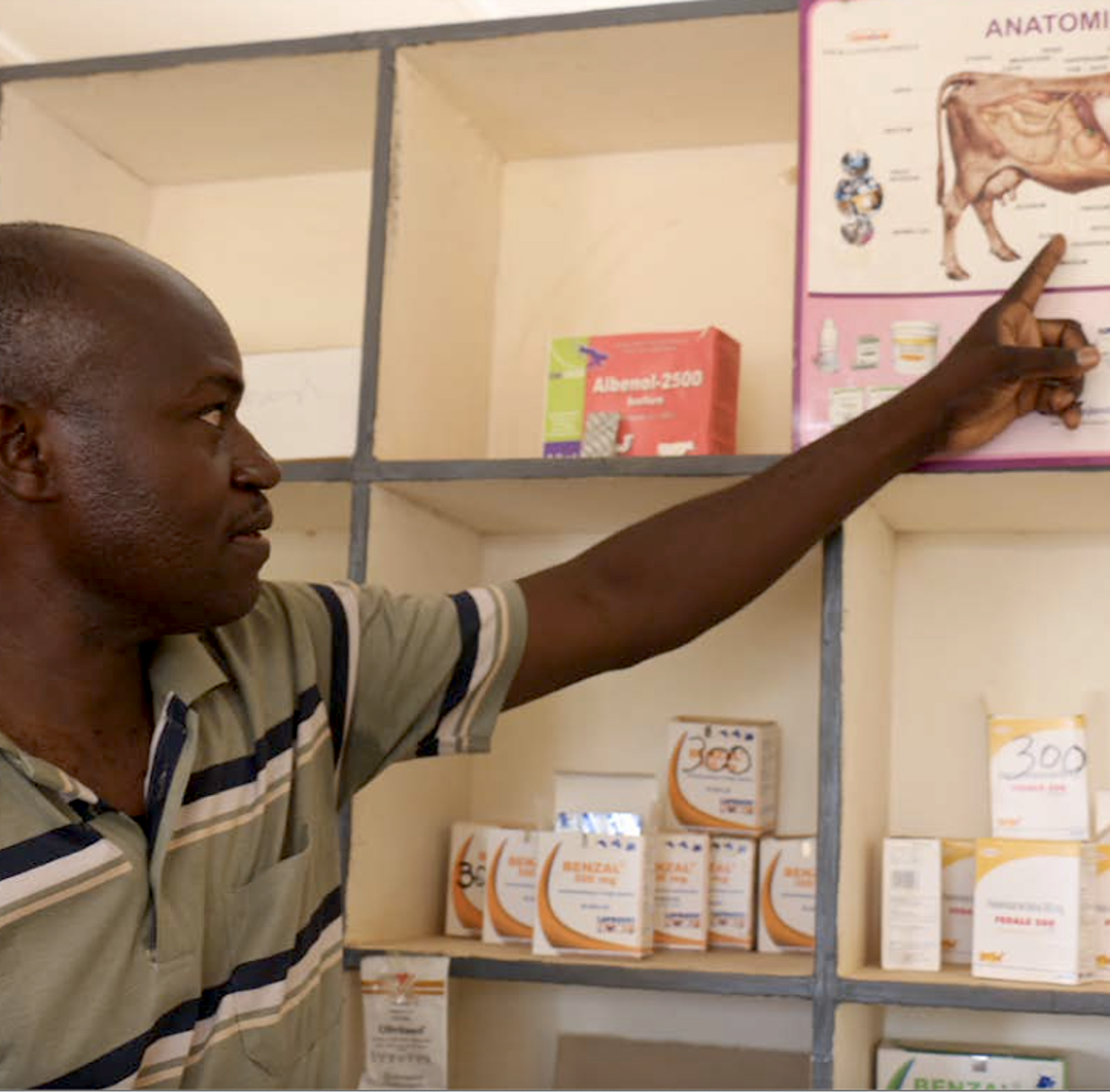 Local Cross-Border Initiatives (LoBI)
Local cross-border initiatives to consolidate economic development and peace
Local Cross-Border Initiatives (LoBI)
Local cross-border initiatives to consolidate economic development and peace

Challenges
Border populations often share numerous social and family links, which means cross-border can be places of social, cultural and economic exchanges. However, cross-border zones in least developed countries (LDCs) tend to also be also the regions most deprived of good governance, infrastructure and basic services and are often the most prone to conflicts. The development of these areas can strengthen the shared capacity of countries to respond to growing migration pressures and prevent the recruitment of young people by extremist groups. By better managing shared natural resources, tackling regional disparities, creating sustainable jobs and enhancing the effective delivery of services, inclusive and sustainable development can be achieved.
Towards a Solution
Recognizing great economic opportunities which remain largely untapped in West Africa’s borders regions, the United Nations Capital Development Fund (UNCDF) has been implementing the Local Cross-Border Initiatives (LoBI) programme. It supports the integration of cross-border development strategies into regional, national and local policymaking and the creation of a regional funding mechanism for cross-border initiatives. So far, the programme has largely concentrated on cross-border livestock and agricultural initiatives. These actions have contributed to strengthening social cohesion, reducing poverty, improving production capacity and local cross-border economic development. These focused and specific actions lead to conflict prevention and contribute towards achieving SDGs 1 (No Poverty), 2 (Zero Hunger) and 10 (Reduced Inequalities). They also contribute to the Istanbul Programme of Action (IPoA) Priority Areas 1 (Productive capacity) 2 (Agriculture, food security and rural development), 3 (Trade), 6 (Multiple crises and other emerging challenges) and 8 (Good governance at all levels).
Based on the good practices and experiences shared thanks to strong cooperation with regional institutions such as the West African Economic and Monetary Union (WAEMU), the Economic Community of West African States (ECOWAS) and Cross-Border Cooperation (CBC), participating countries were able to develop national cross-border cooperation policies and strategies. With the financial support of the Government of Luxembourg and collaboration between WAEMU and ECOWAS, national governments and local authorities, UNCDF implemented LoBI in two pilot areas, namely IIRSahel (between Burkina Faso, Mali and Niger) and SKBo (between Burkina Faso, Mali and Côte d’Ivoire).
In IIRSahel, where the average annual rainfall is below 300 mm, and the production system is based on rainfed livestock, LoBI supported investments in marking transhumance tracks, vaccination parks, an animal feed production unit and a slaughterhouse. In SKBo, where the environment is more conducive to irrigation and asset-based production systems, LoBI supported an economic partnership between cross-border agricultural cooperation and the economic interest group called the "Burkina-Mali-Côte d'Ivoire Economic Interest Grouping" (GIE BMCI). In addition, LoBI worked with the cross-border network of community radios “Kurumba” for producing and broadcasting awareness-raising content on cross-border issues including security, human trafficking, the use of pesticides, etc.
These practices take potential of cross-border issues into consideration to strengthen the shared capacity of the countries involved to respond to common challenges, better manage shared natural resources, tackle regional disparities, enhance the effectiveness of service delivery and boost the ability of regional markets to compete internationally. Furthermore, by supporting cross-border exchange and coordination between local authorities, the programme ensured that the investments respond to the priority needs of populations, contributing to the reduction of poverty and tackling the challenges of agriculture, food security and rural development in the area
LoBI is an innovative model, involving local, regional and national stakeholders. At the local level, it capitalizes on existing cross-border initiatives. At the regional level, it facilitates coordination between regional institutions such as ECOWAS and UEMOA and the new national structures in charge of borders and the formulation of a cross-border roadmap. On a national scale, it has filled gaps in the definition of clear cross-border cooperation strategies and their assessment. The LoBI approach is also a replicable model, since support for the creation of a formal governance mechanism in one cross-border area can promote similar initiatives in others, notably the Mano River Region in this case.
Transforming border areas into thriving economic environments and building the capacity of local actors and communities are catalysts that stimulate inclusive local economic development and promote South-South cooperation. Ultimately, this brings people together and fosters social cohesion for other similar initiatives.
Contact Information
Countries involved
Supported by
Implementing Entities
Project Status
Project Period
URL of the practice
Primary SDG
Primary SDG Targets
Secondary SDGs
Secondary SDG Targets
Similar Solutions
| NAME OF SOLUTION | Countries | SDG | Project Status | |
|---|---|---|---|---|
Accelerator Labs Network Following collective intelligence methods to address emerging sustainability challenges and the growing demand for local solutions |
Burkina Faso, Côte D'Ivoire, Luxembourg, Mali, Niger | 08 - Decent Work and Economic Growth 13 - Climate Action | Ongoing | View Details |
Adaptation of 3PA to Urban and Displacement Settings Using South-South and Triangular Cooperation in World Food Programme Three-Pronged Approach capacity strengthening through cross-learning initiatives |
Burkina Faso, Côte D'Ivoire, Luxembourg, Mali, Niger | 02 - Zero Hunger | Completed | View Details |
Addressing Racial and Ethnicity-based Discrimination and Strengthening the Protection of Rural Afro-descendants UNFPA supports data disaggregation as a tool to fight racism and ethnic discrimination |
Burkina Faso, Côte D'Ivoire, Luxembourg, Mali, Niger | 01 - No Poverty 02 - Zero Hunger 03 - Good Health and Well-being 05 - Gender Equality 06 - Clean Water and Sanitation 11 - Sustainable Cities and Communities 16 - Peace and Justice Strong Institutions | Ongoing | View Details |
ADELANTE Triangular Cooperation European Union – Latin America and the Caribbean |
Burkina Faso, Côte D'Ivoire, Luxembourg, Mali, Niger | 10 - Reduced Inequalities | Ongoing | View Details |
Adolescent Nutrition Programme to Address the Triple Burden of Malnutrition in Indonesia Nourishing today’s teens and tomorrow’s future in Indonesia |
Burkina Faso, Côte D'Ivoire, Luxembourg, Mali, Niger | 02 - Zero Hunger 05 - Gender Equality | Completed | View Details |


